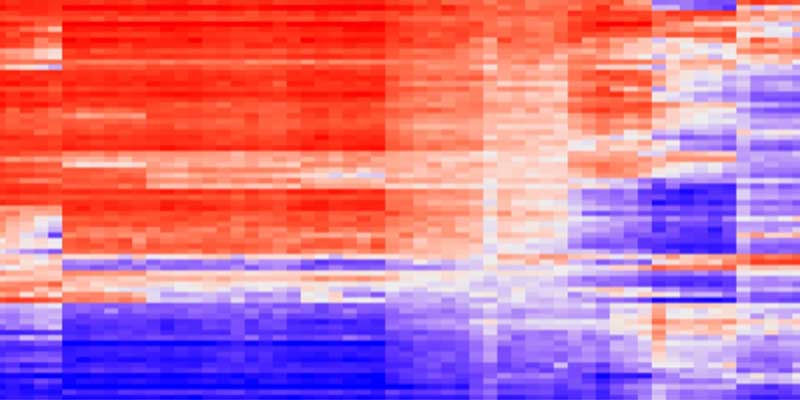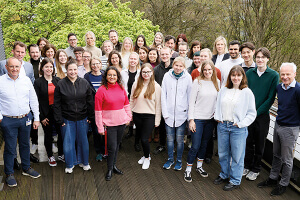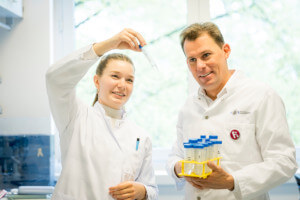
Immune cells: biomarkers in childhood brain tumors.
The infiltration of tumor infiltrating lymphocytes (TILS) into a tumor allows statements on the immune response as well as prognoses on therapy success and survival outcomes. In order to make this biomarker more useful for childhood brain tumors, a practical technique that is oriented towards diagnostic routine has been lacking until now. With DIMEimmune, Professor Schüller's research team has now developed an analysis tool that can be applied to DNA methylation data and derive statements about TIL frequencies in the microenvironment of childhood brain tumors. "We developed DIMEimmune using an approach based on differential methylation and principal component analysis, which helps us estimate CD4+ and CD8+ T cell frequencies and tumor infiltrating lymphocyte (TIL) counts from bulk methylation data," explains Michael Bockmayr, MD, who is also a pediatrician working in pediatric oncology and was the lead investigator of the study together with Prof. Schüller. The method has already been used for childhood gliomas, medulloblastomas, atypical teratoid/rhabdoid tumors (ATRTs) and ependymomas. This showed that high-grade gliomas had higher levels of tumor-infiltrating lymphocytes than low-grade gliomas. In medulloblastoma subgroups, there were few tumor-infiltrating lymphocytes overall. In contrast, ATRTs were heavily infiltrated by lymphocytes. In the future, DIMEimmune may help as an additional prognostic or predictive factor in childhood CNS therapy optimization studies to better assess tumor clinical behavior as well as therapy response. Click here to read the current publication.
DIMEimmune: Robust estimation of infiltrating lymphocytes in CNS tumors from DNA methylation profiles; Sepehr Safaei, Malte Mohme, Judith Niesen, Ulrich Schüller & Michael Bockmayr Article: 1932365 | Received 21 Jan 2021, Accepted 16 May 2021, Published online: 17 Jun 2021


















